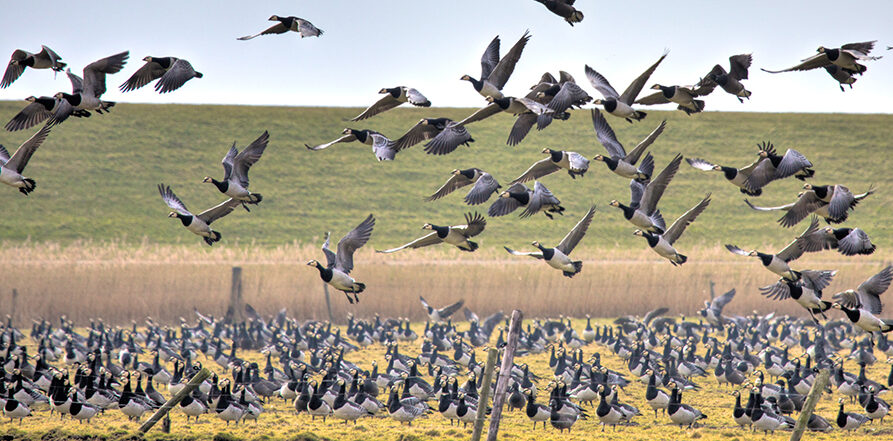
26 Jan 2022 International Statement On Avian Influenza In Poultry And Wild Birds
The latest position of the UNEP/CMS/FAO Co-Convened Scientific Task Force on Avian Influenza and Wild Birds has been published.
Hunters as watchdogs for the health of wildlife: Hunters play a key role in monitoring the health status of our wildlife, in particular, for reporting potential cases of avian flu. As avian flu has been spreading across Europe, hunters should remain alert and scale-up surveillance. Report any suspected cases (of sick or dead birds) to national authorities.
Birds infected may die suddenly or show a range of clinical signs including respiratory signs, swollen heads, dullness and poor condition. Some birds, especially ducks, can be infected without showing any signs of disease.
FACE and the CIC are advising hunting organisations to:
- Continue to monitor avian flu surveillance programmes and keep up with other developments as they occur;
- Continue to inform their members about avian flu and the need to exercise caution when handling birds.
HANDLING GAME
Those in contact with wild birds should take appropriate hygiene precautions when handling wild birds. For example:
- Do not handle or eat sick game.
- Vigorous hand washing should take place after each activity; thoroughly clean knives, equipment and surfaces that come in contact with game.
- Do not eat, drink, or smoke while handling animals.
- All game should be thoroughly cooked.
- It is important to note that it has not been demonstrated that hunting contributes to spreading the disease. Further, hunting restrictions would remove a key method of surveillance across Europe.

